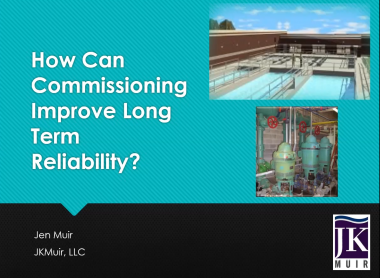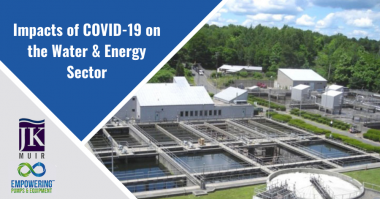Author: Jennifer K. Muir, P.E.
The wastewater treatment industry has adopted the term ‘Net Zero’ to refer to facilities that have a net neutral impact on the energy usage from grid supplied sources. The creative solutions on how to reach these goals include everything from extreme energy efficiency, heat and nutrient recovery, and on-site generation using gas, waste heat, hydraulics, as well as solar and wind.
The solids waste community has lofty goals as well, with many cities aiming for Zero Waste to landfills in the next 20-30 years. In this sector as well, the need for reuse strategies, waste diversion, and resource recovery is critical.
Historically, the wastewater and solids waste sector have been relatively separate. There are industry organizations and conferences dedicated to each sector, facilities are often run by different departments and entities, and rarely do these two groups have the opportunity to come together. However, common ground has been found on the issue of organics recycling.
In reviewing opportunities for sustainable reuse of food waste, one of the natural partnerships becomes the anaerobic digesters that are currently operating at many wastewater plants. The volume reduction, biogas production, and biosolids fertilizer production provide mutual benefits that give back power and nutrients while minimizing the carbon footprint of our waste stream. The gas production provides both a continuous source of heat and power, and the final product can be beneficially reused as a sustainable fertilizer and soil amendment.
The options for co-digestion of food waste and wastewater solids is being explored around the country, particularly as legislation continues around organics source separation and disposal. Collectively, we are looking to share the success of these programs and continue to develop the technologies, collection and processing techniques that facilitate co-digestion. Certainly the policies around the solids waste/wastewater partnership will be critical to being successful and financially feasible for implementation.
Resources:
https://www.epa.gov/sites/production/files/2015-09/documents/net_zero_fact_sheet_9_14.pdf
Use the comments section below or Contact JKMuir if you have any questions!
About JKMuir
JKMuir is a versatile, innovative environmental engineering and energy consulting firm specializing in water and wastewater processes. Since the firm’s establishment in 2008, JKMuir has worked closely with clients to develop innovative and cost-effective solutions to water and wastewater system challenges. As a firm, JKMuir offers a broad range of engineering capabilities and technical services to the water and wastewater industry, including feasibility studies, planning, design, project management, construction administration and commissioning. JKMuir’s services are customized to work with the needs of our clients and their project specific requirements. JKMuir provides practical energy management strategies for both municipal- and private-sector clients that lower operating costs, decrease greenhouse gas emissions, and allow for greater control of pumping systems, treatment processes and power consumption. Visit www.jkmuir.com to learn more.



![Low and No Cost Measures for Water and Wastewater Treatment Plants [on-demand webinar by jkmuir]](https://empoweringpumps.com/wp-content/uploads/2020/11/title-pic-380x284.png)
